
Keep up to date with the latest reports & studies from the most reliable sources online.
We scour the web to keep up to date with all the latest trends, facts and figures in the property and Proptech sectors. We then collate the most interesting reports and studies here for you to read and download. Check them out below.

By Homeviews
As the BTR industry grows, so does the challenge for operators to continue to deliver the best possible service.
This report explores in detail how the BTR sector continues to provide outstanding service to its residents and more.

By Airbnb
We’re on the threshold of a new era in travel with travel and living blurring.
This report, from May 2021, discusses the future of travel after a pandemic, using insights based on four types of data;

By Social Market Foundation (SMF)
A housing market in flux and a sector under political scrutiny.

By Accenture
‘From customer centricity to life centricity’ – Consumer needs are changing fast and companies will have to evolve just as fast if they want to stay relevant.
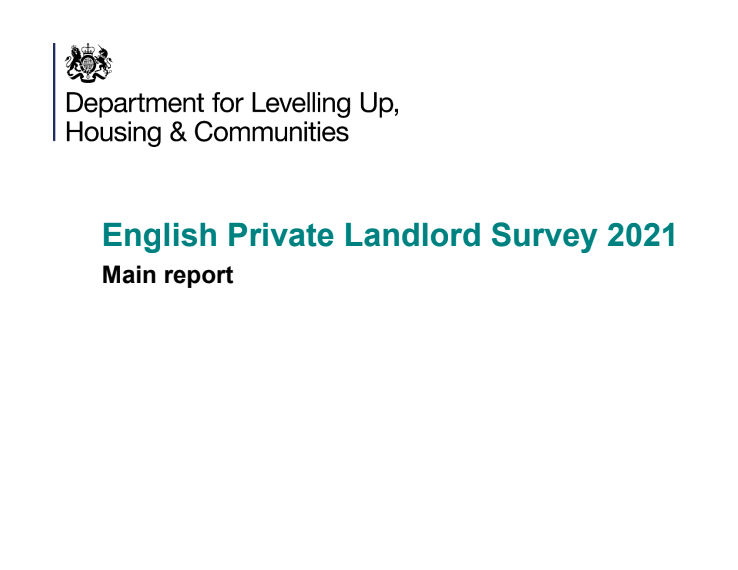
By Department for Levelling up, Housing & Communities
The EPLS is a national survey of landlords and lettings agents who own or manage privately rented properties in England. It’s aim is to inform of the characteristics and experiences of landlords and how they acquire, manage, and maintain privately rented accommodation.
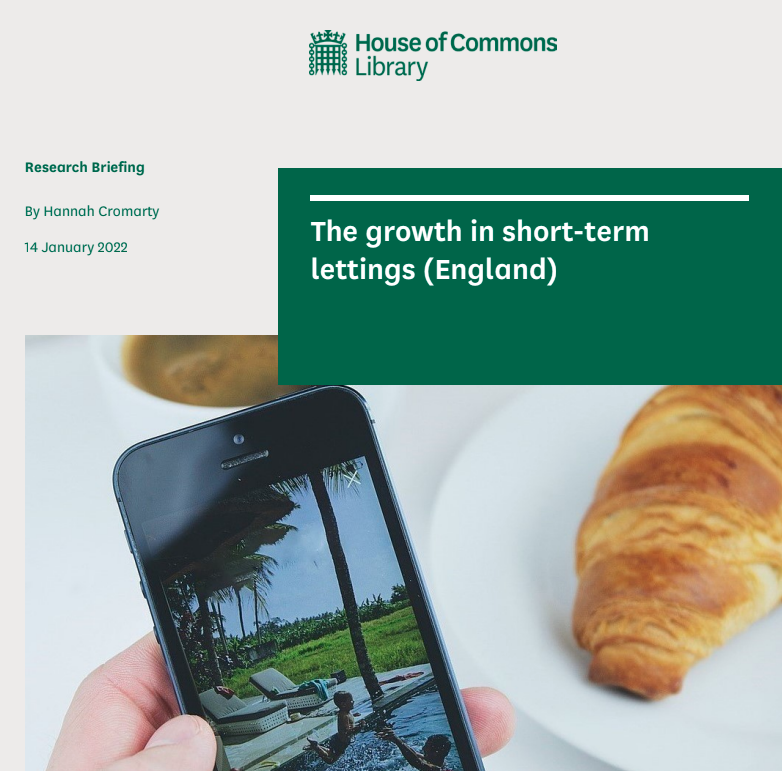
By House of Commons
The number of short-term lettings in England has increased significantly in recent years, due to the development and growth of the ‘sharing economy’ and ‘peer-to-peer’ accommodation services such as Airbnb.
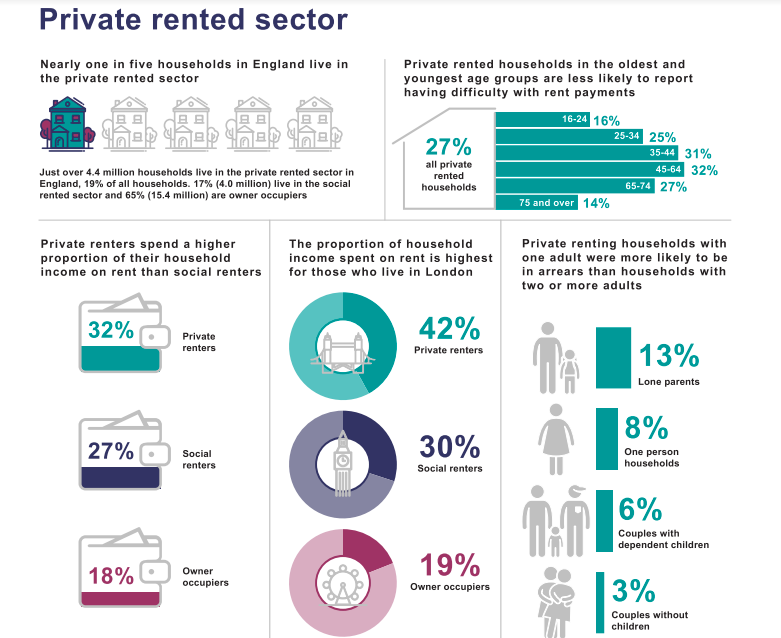
By Ministry of Housing, Communities & Local Government
The English Housing Survey (EHS) is a national survey of people’s housing circumstances and the condition and energy efficiency of housing in England.
This report focuses on the private rented sector and is split into four chapters:
It is jam packed with interesting statistics and findings.
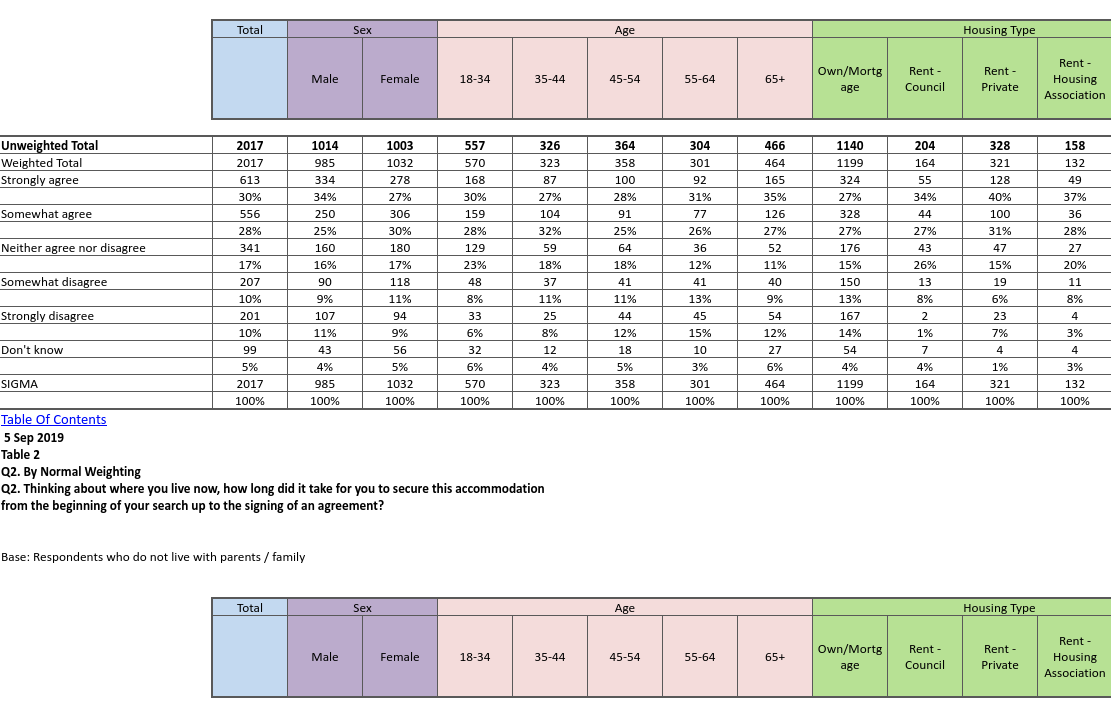
By Survation on behalf of Generation Rent
The results of a survey conducted by Survation, using a sample size of 2,017 tenants with different demographics, on moving house for renters. The data is analysed and weighted in this spreadsheet.
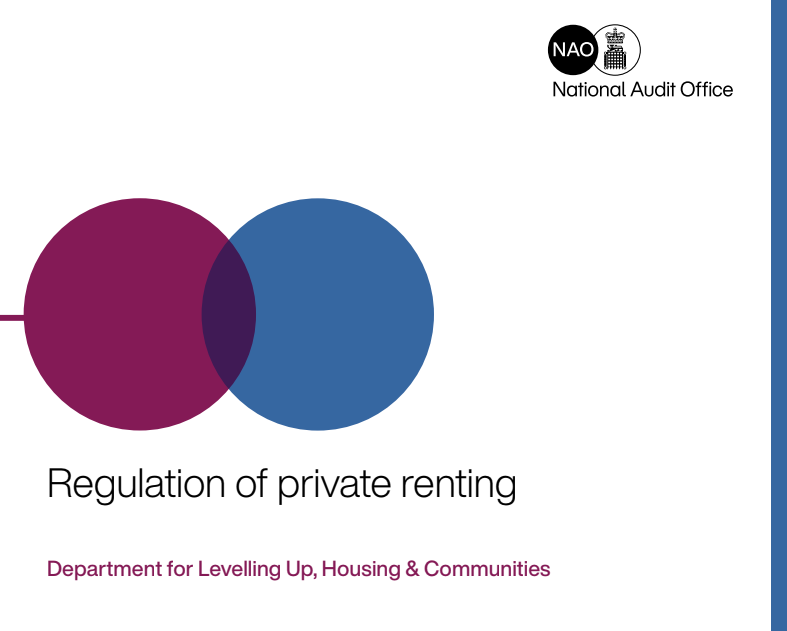
By National Audit Office
There are an estimated 4.4 million privately rented households in England. While most tenants have a good experience of renting, many do not and this can cause problems. The renting sector must be fair to tenants and protect them from harm.
This report examines the extent to which the regulation of private renting in England supports the Department’s aim to ensure the sector is fair for renters.
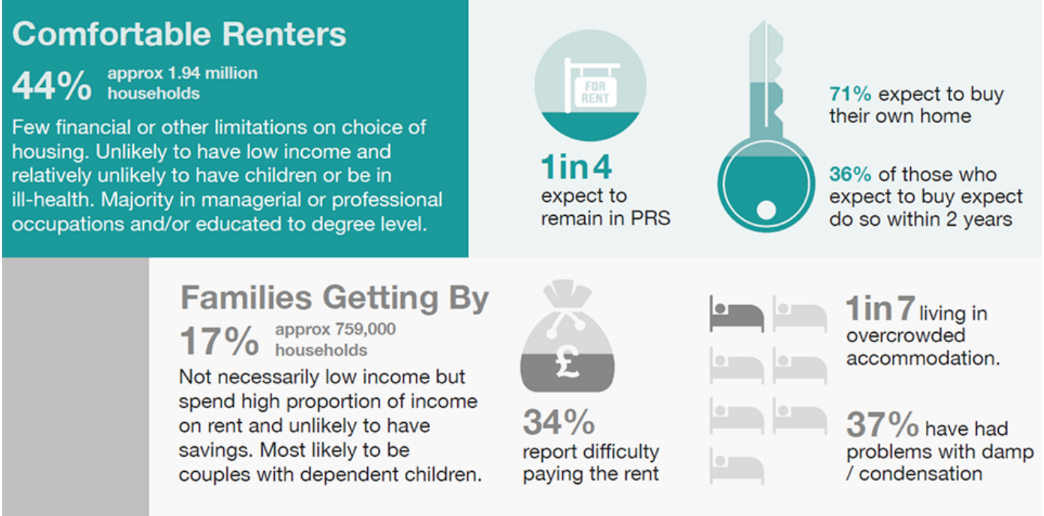
By GOV.UK – English Housing Survey
This report, published in June 2022), uses latent class analysis and the 2019-20 English Housing Survey to group private rented households based on characteristics that might limit their access to good quality housing.
An analysis identified 6 clusters, or latent classes, of private renters based on the available data.
This analysis paints a picture of the private rented sector as it is now, and allows us to generate further insight into the private rented sector and the people who live there.
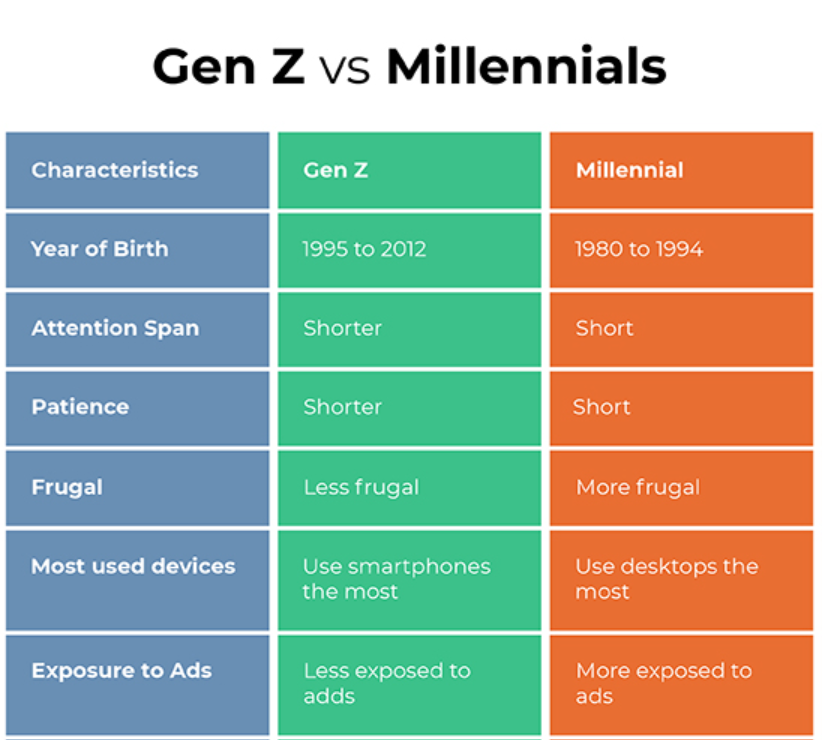
By DifferenceBetween.net
This article offers a great summary into the differences between Gen Z and Millennials, for all those that know the terms but don’t know the facts.
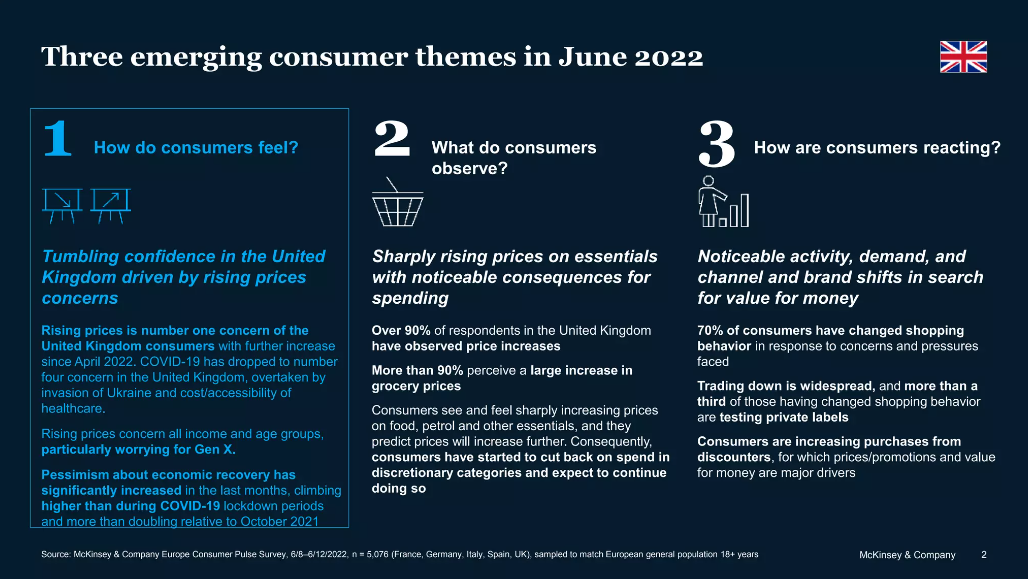
By McKinsey & Company
These slides contain survey data and analysis collected in the United Kingdom on June 8–12, 2022.
UK consumers are pessimistic about the economy, even more than they were throughout the covid-19 pandemic. Rising prices and the invasion of Ukraine are top concerns, and consumers are trading down significantly.
Almost two-thirds of consumers have assumed new shopping behaviours in the last four to six weeks, with more than 40% trying private label.
Baked by the Cake Mix



Prop-Tech Marketing is baked by the Cake Mix. The Cake Mix are a Bristol based digital company helping businesses do more online.
Prop Tech Marketing Copyright 2022 © All rights Reserved – Baked by the Cake Mix